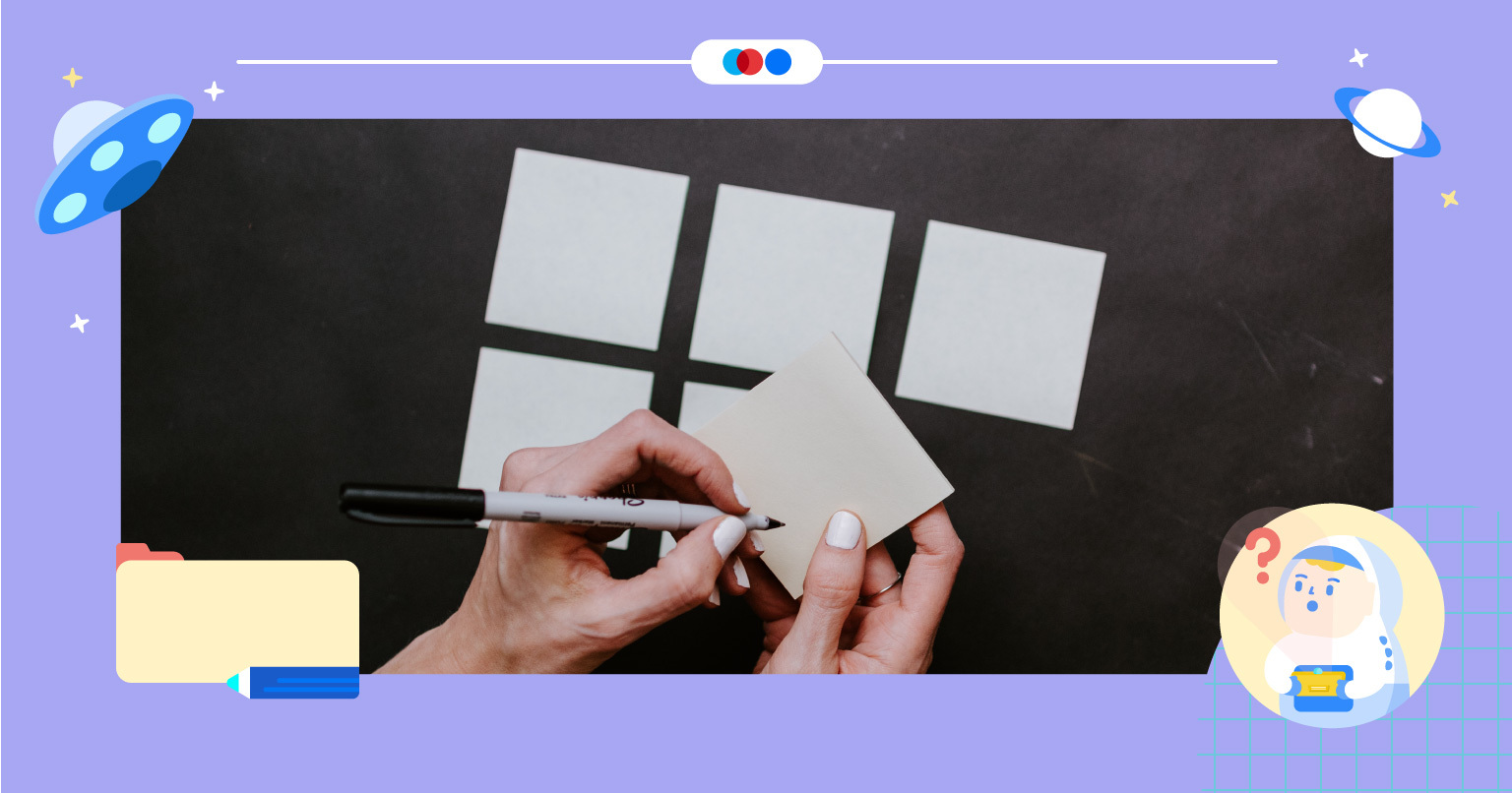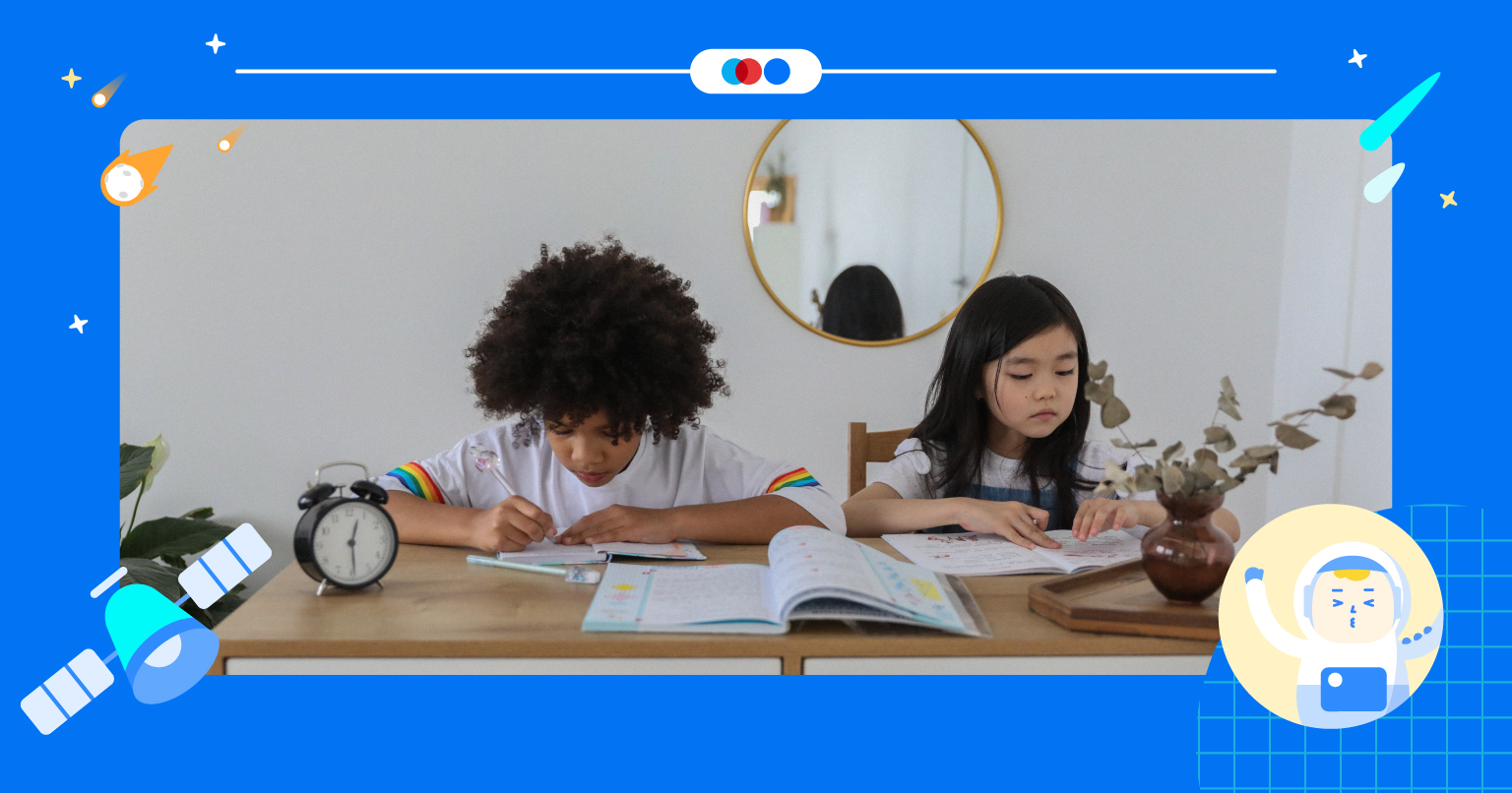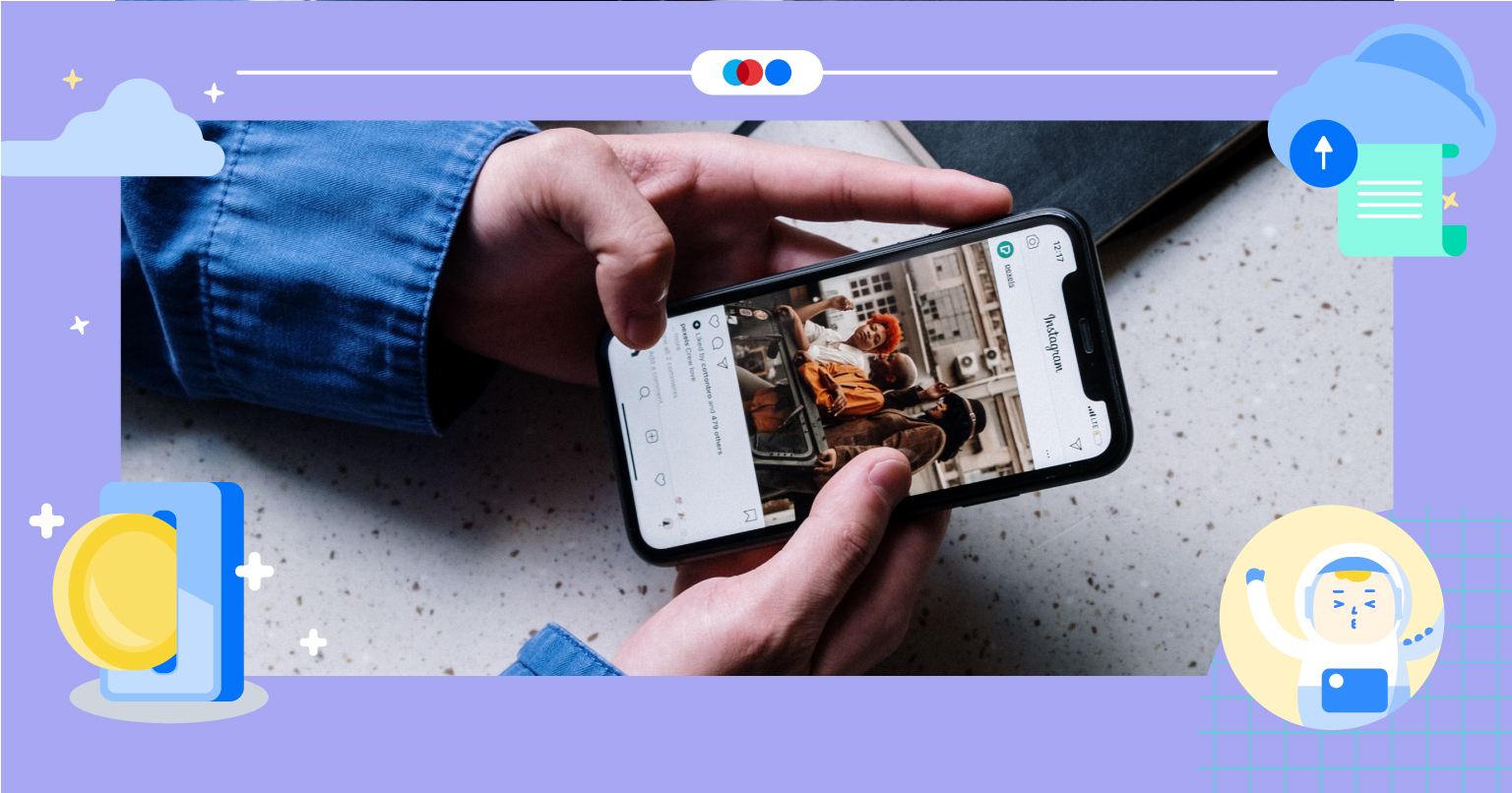7 Tips You Need To Know To Memorise Faster And Easier

Carey Tan
16 Jun 2020

Some of us can barely remember what we had for lunch yesterday and yet, in order to ensure that we do well for our exams, we have to memorise a whole year’s worth of academic content from different subjects.
Looking at the piles of notes and thick textbooks, it may seem impossible. Sometimes, no matter how many times you’ve read your notes, you just cannot seem to commit them to memory.
How can I memorise my notes better?
These tips can surely make this insurmountable task achievable. Follow them and you will not have to spend all your free time memorising your notes again.
1. Understand what you are learning

Before you start to memorise, understand your content first. Instead of forcing random pieces of information into your head, understanding your content allows you to make logical connections between the pieces of information.
Understanding also helps you to pick out the patterns which will allow you to link or predict the next part of the information. Pure memorisation only utilises your short-term memory. This means that after you’ve memorised it for a test, you are likely to forget it.
When you are able to understand, you are drawing your own links in the concept which can help you memorise more easily. Understanding is a deeper way of learning. Since you understand the concept, you will be able to apply them to different questions. If you understand a math concept, no matter how much the questions differ, you will be able to answer them. As opposed to just memorising the solution for one question, you can only solve that one type of question.
These days, schools tend to test more application-based questions that are not solely dependent on memorising the content. It is also testing your understanding and critical thinking.
2. Write down the main points or keywords

When we study from our textbooks, there are excessive words that are not crucial to what we want to memorise. Therefore, instead of forcing yourself to memorise word-for-word, write down the main points and keywords and memorise those instead.
For example, explanations in science textbooks are usually lengthy and written in a roundabout manner. Write out the main points and keywords when you are doing your revision notes.
Keywords such as scientific terminology are important as they can capture the essence of the concept and are often what the teachers are looking out for in your response. This method will take a shorter amount of time and i a more effective approach.
3. Read, Recite and Write
By doing these three steps, you are using three different senses to help you memorise. Multi-sensory learning is a neuroscience concept where two or more senses are used to help you learn. Combining sight, audio and touch, three senses are activated to recognise and remember the same pieces of information. This reinforces the information in our brain, helping us memorise more effectively.
You can read up more on multi-sensory learning in this journal article.
4. Make mental associations

Making mental associations allow you to connect more abstract or obscure concepts to things you are more familiar with. This can help you to remember things better and faster.
For example, it may be difficult to memorise the metal reactivity series in Chemistry so you can use a mnemonic (pattern of ideas) to help you remember.
| Potassium | Please |
| Sodium | Stop |
| Calcium | Calling |
| Magnesium | Me |
| Aluminum | A |
| carbon | Cute |
| Zinc | Zebra |
| Iron | It’s |
| lead | Like |
| hydrogen | Hating |
| copper | Cool |
| silver | Smart |
| Gold | Guys |
5. Test yourself

While memorising, you are constantly referring to your notes. This makes it difficult to gauge if you really remember the content. To make sure, you should test yourself.
Take a blank piece of paper and write everything down from memory. After you are done, refer to the content you were trying to memorise and spot the parts that you missed out. This way, it can easily help you figure out which parts to focus on. This prevents you from spending time memorising parts that you have already remembered.
6. Teach someone

Teaching someone can help you internalise a concept. It is difficult to teach someone if you are unable to full understand and explain the concepts. While you teach someone, you are also testing how well you know and remember the information.
Successfully teaching a friend is a sign that you have grasped the concept well. This method can also help you take note of the parts that you are not very confident in and work on them.
You can check out this website for more details on this method.
7. Sleep!

This is the easiest step in memorising. After all that memorising, it is important to get good sleep or take a power nap. A power nap is a short nap that stops before the individual enters the deep sleep cycle. It is sufficient to boost the individual’s energy and attention span.
Sleeping helps to reset the brain which is important in helping us learn and remember what we have learnt. Getting good sleep can boost your memory retention rate and ensure that all your hard work does not go down the drain!
Try these tips out now and make your study sessions less tedious and repetitive. When you are able to memorise effectively, it can also help you feel more confident and prepared for your exam, further boosting your exam performance.
Do you have any other useful tips? Let us know via Snapask's Instagram, Facebook, and Twitter. If you're new to Snapask, don't forget to check us out!
Recommended

Tips On Using Flashcards For Revision
In University, I used to see my classmates flip through card after card trying to remember concepts of a subject. They would even spend hours making those flashcards. Some of you may be wondering: are flashcards actually effective?
Snapask Team13 May 2021
7 Best Note-Taking Tips For You To Revise Effectively
The school year just started and your new year resolution for 2021 is to “DO WELL IN SCHOOL”! In order to make sure that you are going to excel in your studies this year, you will need to improve on your studying methods! Many students tend to study hard but not smart. To make full use of your time an…
Carey Tan25 Jan 2021
Tips on How to Read Your Textbooks Effectively!
Textbooks are expensive. They are thick and bulky, and sometimes you just have no idea how you can use it during your study sessions. Here are some tips for you to help you study effectively with the use of your textbooks. No more feeling like you are wasting your money on them!
Carey Tan11 Jan 2021
Instagram Accounts Singaporean Students Should Follow
Here are some accounts Singaporean students should follow on Instagram to gain more knowledge every day!
Carey Tan14 Aug 2020
What Is Parenting Teamwork and 6 Important Tips To Optimise It
Parenting is crucial because what a child sees and experiences influences his or her conduct. It is about creating plans together, working towards being a team, choosing what meals to have, when to go to bed, and many other things.
Snapask Team24 Aug 2021
Helpful Tips For Choosing Between JC And Poly
Undecided about what you should choose? Fret not! Many of us were once in the same predicament as you. Not knowing which institution you are suited for is a common dilemma experienced by O level students. Here are some helpful information and tips for you to make the best decision for yourself.
Snapask Team23 Mar 2021

